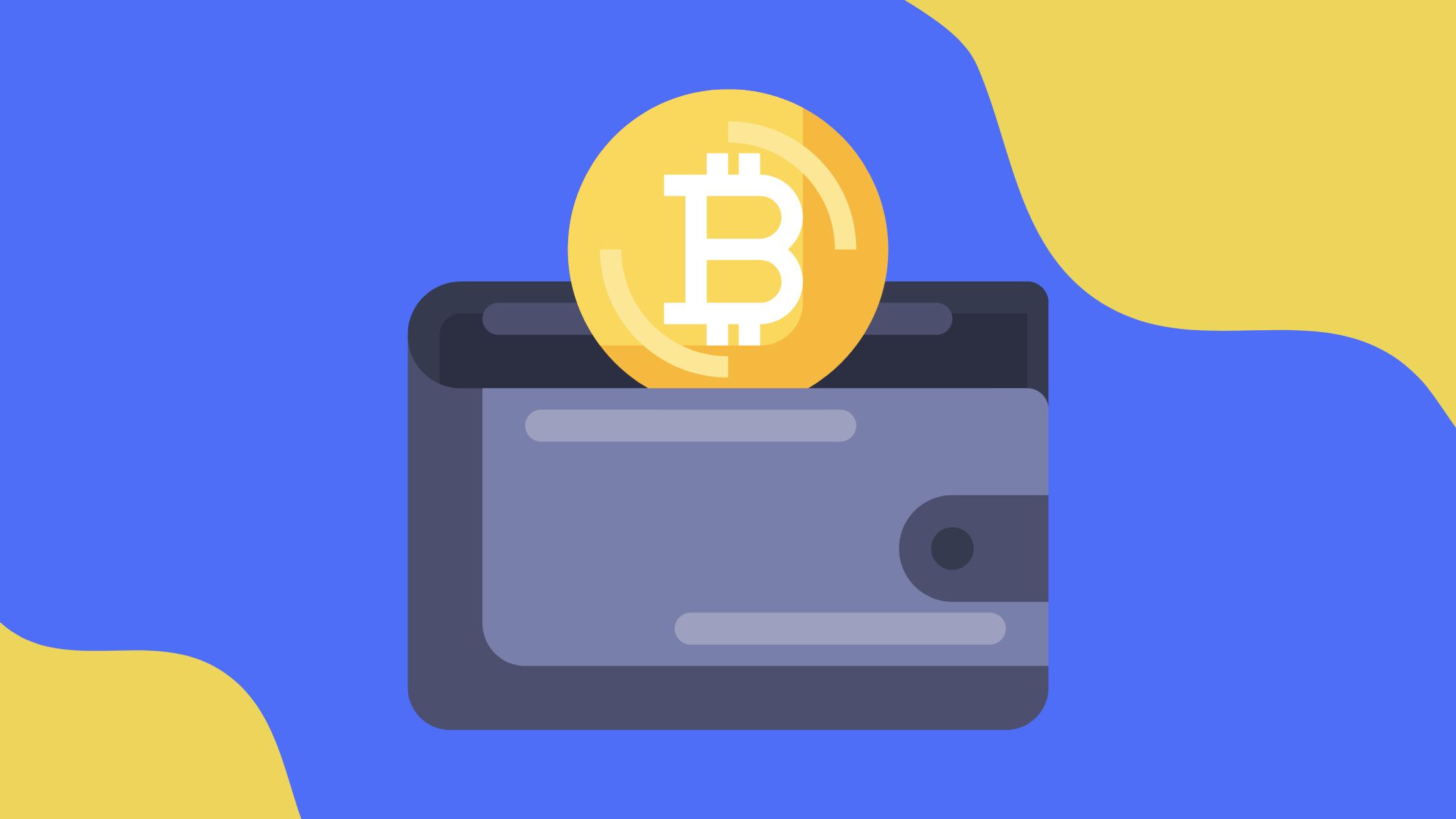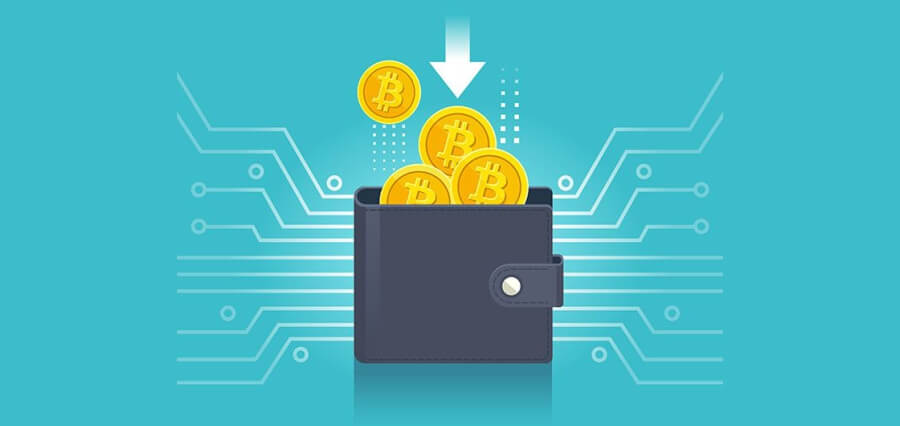Bitcoin Guide | Bitcoin represents a departure from the conventional notions of currency, demanding a unique approach to safeguarding and managing it. In this realm, the indispensable tool is a Bitcoin wallet, as Bitcoin’s intangible nature necessitates specialized handling.

Bitcoin, distinct from traditional currencies, is designed to empower individuals to serve as their own financial custodians. Its virtual essence allows for versatile storage options, spanning the digital and physical realms. Various types of Bitcoin wallets exist, each characterized by distinct features including security levels, accessibility, ease of use, compatibility with different devices, and more.
The linchpin of Bitcoin security lies in the ownership of the private key associated with a Bitcoin wallet. This private key not only secures your holdings but also serves as incontrovertible proof of ownership.
<Crypto Scams – AI Advancements Fuel Surge in Crypto Scams>
Diverse Categories of Bitcoin Wallets:

- Online (“Hot”) Wallets: These wallets store the private key either online or on devices connected to the internet. Examples include wallets hosted on cryptocurrency exchanges or various websites, as well as those installed on computers, tablets, or smartphones.
- Offline (“Cold”) Wallets: Cold wallets eschew online exposure, preserving the private key offline. Methods of cold storage encompass physical formats like paper wallets, secure USB drives with password protection, and even memorization of a specialized phrase to access the funds. Moreover, specialized encrypted hardware devices such as Ledger and Trezor offer advanced offline storage solutions.
Online wallets, or “hot” wallets, come with a trade-off between convenience and security. They are more susceptible to hacking, particularly website-hosted wallets that necessitate sharing your private key with a third party. Despite this vulnerability, hot wallets provide greater convenience for everyday transactions.
As a prudent approach, it is advisable to employ both types of wallets in tandem. “Hot” wallets are well-suited for holding small amounts of Bitcoin earmarked for daily transactions, while “cold” or offline wallets offer a robust choice for safeguarding larger sums. Importantly, there is no limit to the number of wallets one can possess, affording flexibility and diversification in Bitcoin storage strategies.
Bitcoin Wallets for Beginners

Discover a Selection of User-Friendly Bitcoin Wallets Ready for Instant Download and Use.
Bitcoin Guide – Hot wallets
| Wallet | Type | OS | Features |
|---|---|---|---|
| Electrum | Desktop and mobile | Windows, Linux, Mac OS, Android | Popular Bitcoin wallet |
| Exodus | Desktop | Windows, Linux, Mac OS | User-friendly |
| Jaxx wallet | Mobile and web | Android, iOS, Chrome | Multicurrency wallet |
| Coinbase | Web and mobile | Android, iOS | Cryptocurrency exchange |
| Wasabi wallet | Desktop | Windows, Linux, Mac OS | Privacy-oriented |
| Blockchain.info | Mobile and web | Android, iOS | Super easy to use |
| Bitcoin wallet | Mobile | Android, iOS | Lets you see local Bitcoin merchants |
| Binance | Web and mobile | Android, iOS | Cryptocurrency exchange |
| Samourai wallet | Mobile | Android | Privacy-oriented |
| Armory | Desktop | Windows, Linux, Mac OS, RaspberriPi | Multi-signature and cold storage options |
Bitcoin Guide – Cold wallets
| Wallet | Price Range | Features |
|---|---|---|
| Paper wallet | Free | Can be stored both offline and online |
| Ledger | $50-$200 | Enhanced security, screen |
| TREZOR | $60-$500 | Screen |
| KeepKey | $80 | Screen |
| BitLOX | $98-$198 | Extreme security, privacy-oriented |
Hopefully, these explanations of Bitcoin wallets for beginners are sure to help you take your first step into using the cryptocurrency.



